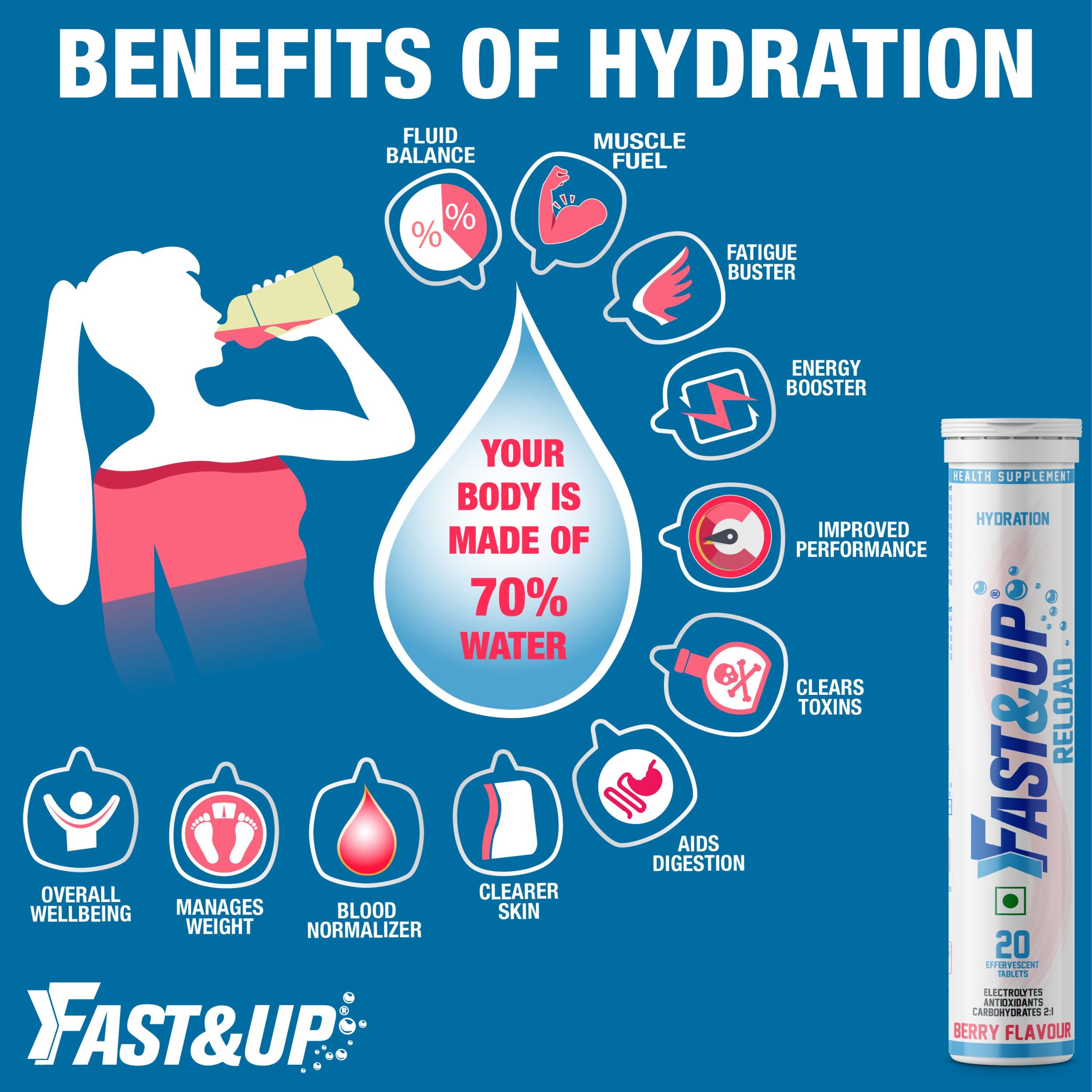The human body is composed of about 60% water, and maintaining proper hydration levels is crucial for physical performance,
especially for athletes. Adequate hydration helps optimize various bodily functions and can greatly impact an athlete’s
overall performance, endurance, and recovery.
The Significance of Hydration in Sports
During physical exercise, the body sweats to regulate temperature. Sweating is the body’s natural mechanism to cool down,
but it also leads to fluid loss. Dehydration occurs when the body loses more fluids than it takes in, and even mild dehydration
can negatively affect an athlete’s performance.
Proper hydration is essential for several reasons:
1. Temperature Regulation
When we exert ourselves physically, our body temperature rises. Sweating helps regulate our internal temperature by evaporating
and cooling the skin. Sufficient hydration ensures an adequate sweat rate, helping to prevent overheating and heat-related
illnesses such as heat exhaustion or heatstroke.
2. Performance Optimization
Water is critical for maintaining optimal physical and cognitive performance. Dehydration can lead to reduced endurance,
increased fatigue, impaired concentration, and decreased coordination, all of which can significantly hamper an athlete’s
performance.
3. Nutrient Delivery and Waste Removal
Hydration plays a vital role in the transport of nutrients and oxygen to muscles, as well as the removal of waste products
generated during exercise. Sufficient water intake helps ensure efficient blood circulation, aiding in muscle function
and recovery.
The Role of Electrolytes
Water alone is not always enough to maintain proper hydration, especially for athletes engaged in intense physical activity.
Electrolytes, such as sodium, potassium, calcium, and magnesium, play a crucial role in fluid balance and maintaining
optimal muscle function.
Electrolytes help regulate nerve and muscle function, control the body’s fluid balance, and facilitate nutrient absorption
into the cells. Athletes often lose electrolytes through sweat, and consuming electrolyte-rich beverages or supplements
can help replenish these vital minerals.
1. Sodium
Sodium is the main electrolyte lost through sweat and plays a vital role in maintaining fluid balance. It helps regulate
blood pressure and aids in nerve and muscle function. Athletes involved in prolonged exercise or endurance activities
may need to incorporate sodium-rich foods or sports drinks to replace what is lost through sweating.
2. Potassium
Potassium is essential for proper muscle function, including the contraction and relaxation of muscles. It also supports
proper heart and nerve function. Consuming potassium-rich foods, such as bananas or coconut water, along with adequate
hydration, can help maintain electrolyte balance.
3. Calcium and Magnesium
Calcium and magnesium are crucial for muscle contraction and relaxation, the conversion of food into energy, and bone health.
These electrolytes are commonly found in dairy products, leafy greens, nuts, and seeds. Ensuring sufficient intake
of these minerals, in addition to water and other electrolytes, can contribute to an athlete’s overall well-being.
Hydration Tips for Athletes
Here are some practical tips to help athletes maintain optimal hydration:
Drink water regularly throughout the day, not just during physical activity.
Use your body weight as a general guide for daily water intake. Aim for about 0.5 to 1 ounce of water per pound of body
weight.
Monitor urine color to assess hydration levels. Light yellow or clear urine generally indicates sufficient hydration,
while dark yellow urine may indicate dehydration.
Have a hydration plan in place before, during, and after exercise. Aim to drink water or sports drinks at regular intervals,
especially during prolonged or intense activities.
Consider using electrolyte-rich sports drinks, especially during longer workouts or when exercising in hot and humid
conditions.
Consume water-rich fruits and vegetables, such as watermelon, cucumber, and oranges, as they contribute to overall
hydration.
Avoid excessive consumption of caffeinated or alcoholic beverages, as they can contribute to dehydration.
Consult with a sports nutritionist or healthcare professional to tailor your hydration strategy to meet your specific
needs.
Remember, proper hydration requires both water and electrolytes. By prioritizing hydration in your training and competition
regimen, you can maximize your performance, endurance, and overall well-being as an athlete.
